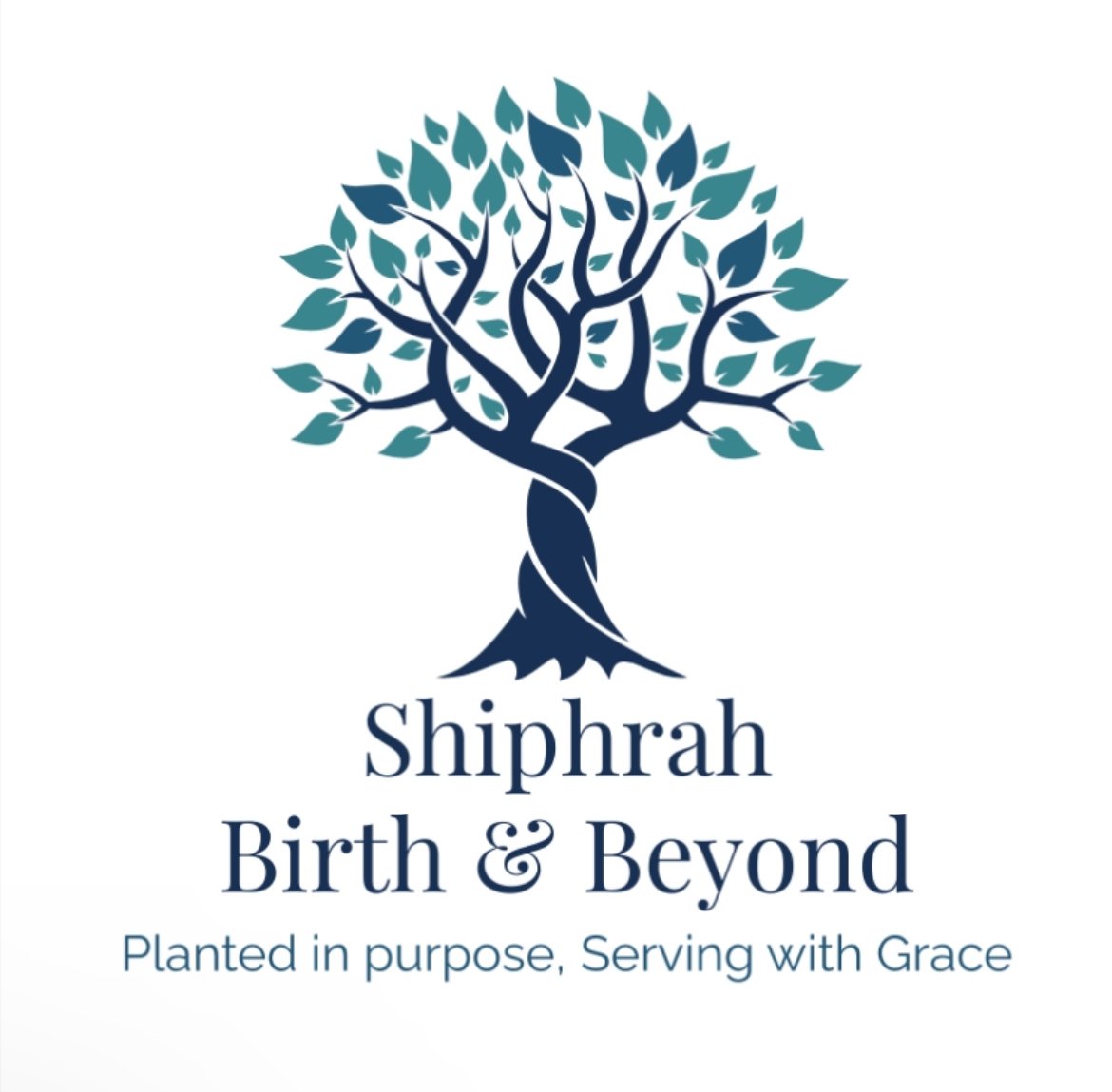The Hidden Impact of Abuse on Pregnancy and the Unborn Child
Pregnancy is a time of major physical and emotional change, but for mothers experiencing abuse, it can also be a time of fear, stress, and uncertainty. Abuse—whether physical, emotional, financial, or sexual—doesn’t just affect the mother. It can also deeply impact the unborn child and the entire pregnancy journey.
Unfortunately, this reality is often overlooked in prenatal care and public awareness. By talking about it openly, we can begin to shine light on the issue and support mothers who are suffering in silence.
How Abuse Affects Pregnancy
1. Physical Impact
Direct physical harm such as hitting, pushing, or kicking can cause miscarriage, premature labor, or injury to the baby.
Even without visible violence, the stress of living in constant fear increases the mother’s cortisol levels (stress hormones), which can affect fetal development.
2. Emotional and Mental Health Impact
Emotional abuse can be just as damaging. Constant criticism, isolation, or manipulation may lead to depression, anxiety, and feelings of worthlessness during pregnancy.
Many women in abusive situations develop perinatal mood and anxiety disorders (PMADs), which can continue into the postpartum period.
3. Impact on the Unborn Child
Babies exposed to high levels of stress hormones in the womb are at greater risk for low birth weight, preterm delivery, and developmental delays.
Research shows that children exposed to abuse in utero are more likely to experience emotional and behavioral challenges later in life.
The Numbers Speak
5.4% of pregnant women in the U.S. reported experiencing intimate partner violence (IPV) during pregnancy. Emotional abuse was the most common (5.2%), followed by physical (1.5%) and sexual (1.0%).
Women experiencing IPV during pregnancy are at higher risk of delayed or no prenatal care, substance use, depression, and adverse birth outcomes.
Communities of color are disproportionately affected. Nearly half of Black women (45%) and American Indian/Alaska Native women (48%) report experiencing IPV in their lifetime—rates significantly higher than for white women.
These numbers only scratch the surface, and many cases go unreported because of fear, shame, or lack of support.
Limited Resources, Greater Need
While the impact of abuse on pregnancy is clear, resources for women in this situation are extremely limited. Few programs directly address the unique needs of pregnant women experiencing IPV. Shelters may not always accommodate pregnant women, and healthcare providers are often not trained to screen for or respond to abuse effectively.
This lack of resources leaves mothers at greater risk of harm and creates barriers to receiving the care they desperately need.
How Birth Can Heal Trauma
Even after experiencing abuse, birth has the potential to be a deeply restorative and empowering experience.
Taking Back Control: Abuse often strips away a woman’s sense of power and agency. A supported birth—where she is heard, respected, and in control of her choices—can restore that power.
Reclaiming the Body: Survivors may feel disconnected from their bodies. Birth can help them reconnect in a positive, life-giving way.
Supportive Environment: When doulas, midwives, and healthcare providers create a safe, trauma-informed space, mothers can feel respected instead of vulnerable.
Bonding Through Healing: For many, holding their baby after birth brings a sense of love, hope, and healing that breaks cycles of pain.
Not every birth is healing, and trauma can be triggered during labor if not handled with care. But when a mother is supported with compassion and respect, birth can be a turning point—a place of renewal instead of fear.
What We Can Do
For Mothers
Create a safety plan: Identify safe places to go, people you can trust, and emergency contacts.
Seek support: Confidential hotlines, local shelters, or doulas trained in trauma-informed care can provide guidance.
Prioritize your health: Even if circumstances are difficult, attending prenatal visits and talking to a trusted provider can make a difference.
For Supporters and Doulas
Listen without judgment. Many women fear being blamed or shamed.
Offer resources discreetly. A phone number on a small card, a private conversation, or connecting them to a hotline can save a life.
Create healing birth experiences. Encourage mothers to make choices, honor their boundaries, and ensure they feel safe during labor and postpartum.
Moving Forward With Compassion
Abuse changes the pregnancy journey. But birth can also be a moment of healing and strength—a chance for mothers to reclaim their power, their body, and their future.
By raising awareness, supporting mothers, and pushing for more resources, we can change the outcome for countless women and their children. No mother should have to choose between her safety and her baby’s health.
Every woman deserves dignity, care, and compassion—before, during, and after pregnancy.
